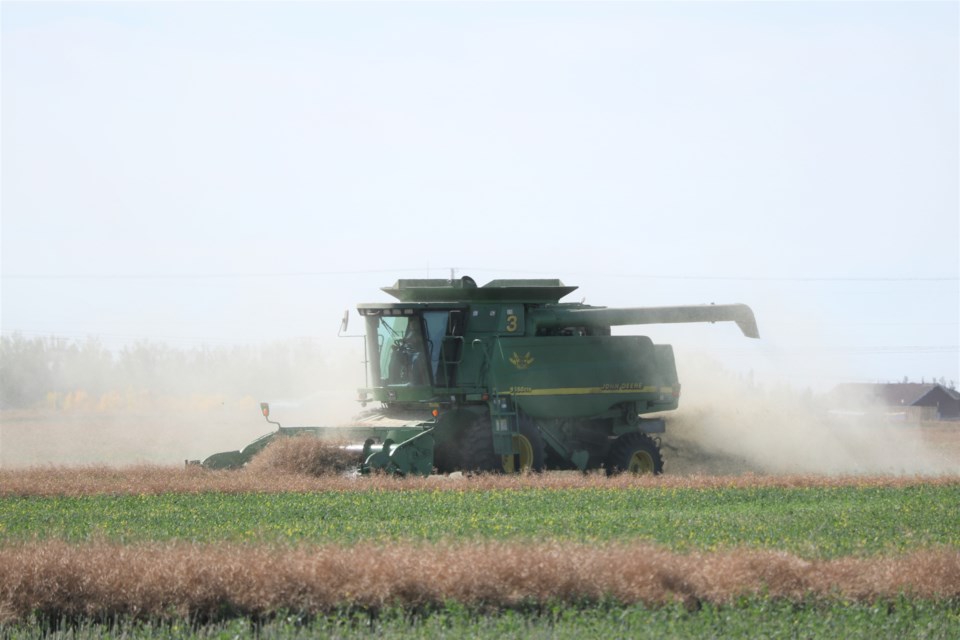YORKTON - What is the future for farming in regard to attracting the next generation?
That is a question which really needs some thinking about by farmers today.
Certainly farming won’t be at the top of most youth’s career wish lists, and there will be varied reasons for that.
To start with we know there are fewer farmers today, and family size is not what it once was, so there are less youth with that direct connection to farming that might consider it a career path.
Among urban youth the connection to a farm, grandparents, uncles etc are fewer too, so they won’t learn to appreciate farming riding in the cab of a tractor.
So non-farm youth need something else to attract them to consider agriculture as a career path.
Unfortunately, often the image shown of farming is not as positive as it should be.
While farmers manage to produce food for the world at a generally reasonable cost when you set aside all the non-food items that end up in that expensive bag from the supermarket, that is not the first image many think of.
The impact of crop protection products on pollinators and wild birds, the threat of fertilizer run-off into water sources, the loss of wildlife habitat for farmland, and other stories often dominate social media where too many turn for what they assume is legitimate news.
So how does the ag sector turn the narrative to attract the next generation?
Well, education of course.
That’s why a new initiative is so interesting, as it proposes a way for farmers to fund better farm education.
Agriculture in the Classroom Saskatchewan’s (AITC-SK) recently announced the launch of its Acres for Education campaign, an initiative aimed at providing educational opportunities for today’s youth to connect with agriculture.
“The Acres for Education campaign highlights the importance of education in igniting a passion and interest in agriculture. The next generation of consumers and agriculture leaders, innovators, and employees are in classrooms today, and AITC-SK has identified students as the key to a sustainable and resilient agriculture future. By engaging students in agriculture education initiatives, AITC-SK strives to inspire them to care about our food system, build understanding and support for modern farming practices, and expose students to the diversity of careers in an exciting and rewarding industry,” detailed a release on the launch.
“Students today will soon graduate and begin making decisions related to their career pathway,” says Sara Shymko, Executive Director of AITC-SK in the release. “It is crucial that they have agricultural touch points throughout their education journey, to inspire understanding of our food system and support for our producers.”
The campaign’s unique approach challenges farmers to donate 10 cents per acre of land they farm to agriculture education.
"There is a lot of talk about the looming labour crisis in agriculture, and now we need action. We can't leave it up to others to solve this problem. As producers, we need to get involved in finding solutions," says Kristjan Hebert, President of the Hebert Group.
"One way we can do that is to donate monetarily, but just as important, is connecting with your local schools so kids can visit your farm and have memorable experiences that may impact future career choices."
Acres for Education has an ambitious goal of $250,000, which represents 2.5 million acres of Saskatchewan farmland 小蓝视频 donated. The goal may seem bold but with more than 37 million acres of farmed land in the province, donations for approximately seven per cent of the acres would transform the agriculture education landscape for our youth.
Farmers are familiar with the idea of a check-off on sales to fund research to support their farm future. This is even more foundational in the sense it educates about agriculture to help create the next generation of farmers.






